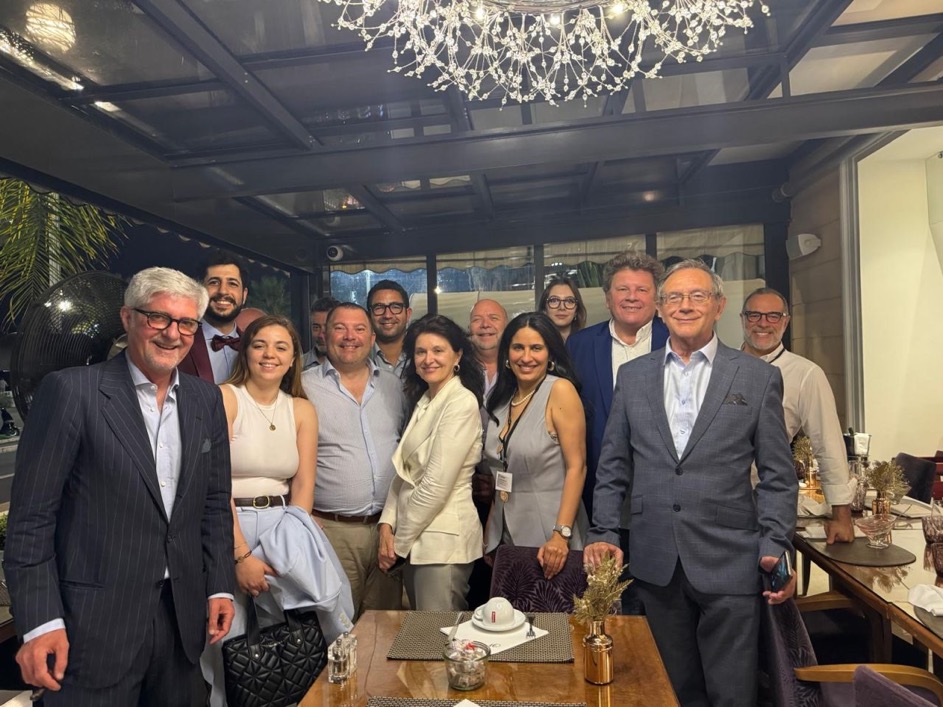Across Europe, maritime innovation is becoming more than a policy priority, it’s becoming a shared mission. That was evident at a recent high-level gathering in Luxembourg, hosted by the European Network of Maritime Clusters and the Luxembourg Maritime Cluster. The event brought together presidents and vice presidents of leading maritime clusters from across Europe, including the President of the Tunisian Maritime Cluster, for a timely and strategic dialogue on innovation, sustainability, and industrial transformation.
The discussion revolved around some of the most urgent challenges facing the maritime sector today: the persistence of plastic pollution and unsustainable fishing practices, the long lifecycle and high emissions of traditional shipping fleets, and the increasing pressure for decarbonisation from both regulatory and public stakeholders. These are not future threats, they are present-day problems with significant consequences for the economy and the environment alike.
We were honoured to contribute to these discussions by presenting our suite of ocean-impact technologies that directly respond to these concerns. These include Netless™, our selective fishing system that removes plastic and avoids bycatch; Wingfurl™, an auxiliary wind propulsion solution engineered to retrofit and future-proof commercial vessels against carbon targets; and Streamesh™, which enables onboard microplastics recovery in a modular, scalable form.
These innovations aren’t speculative. Technologies bricks are already being tested and reaching the operational engineering stage in natural environments, and representing a practical, near-term path forward for sustainable maritime transformation. They are cost effective, easy to maintain and implement and are economically viable.
The response from maritime cluster leadership was overwhelmingly positive. Several delegates highlighted the potential for pilot deployment across the Mediterranean and Atlantic coasts, and discussed collaborative approaches for scaling solutions through cluster-wide adoption, co-financing instruments, and alignment with the European Union’s Horizon Europe and WestMED strategies.
This event confirmed our belief that collaborative implementation is key to meaningful ocean impact. Innovation alone is not enough, it must be matched with aligned governance, accessible pathways for adoption, and shared investment. As we continue these conversations, we look forward to turning the goodwill expressed in Luxembourg into partnerships that bring measurable results at sea and across port economies.

